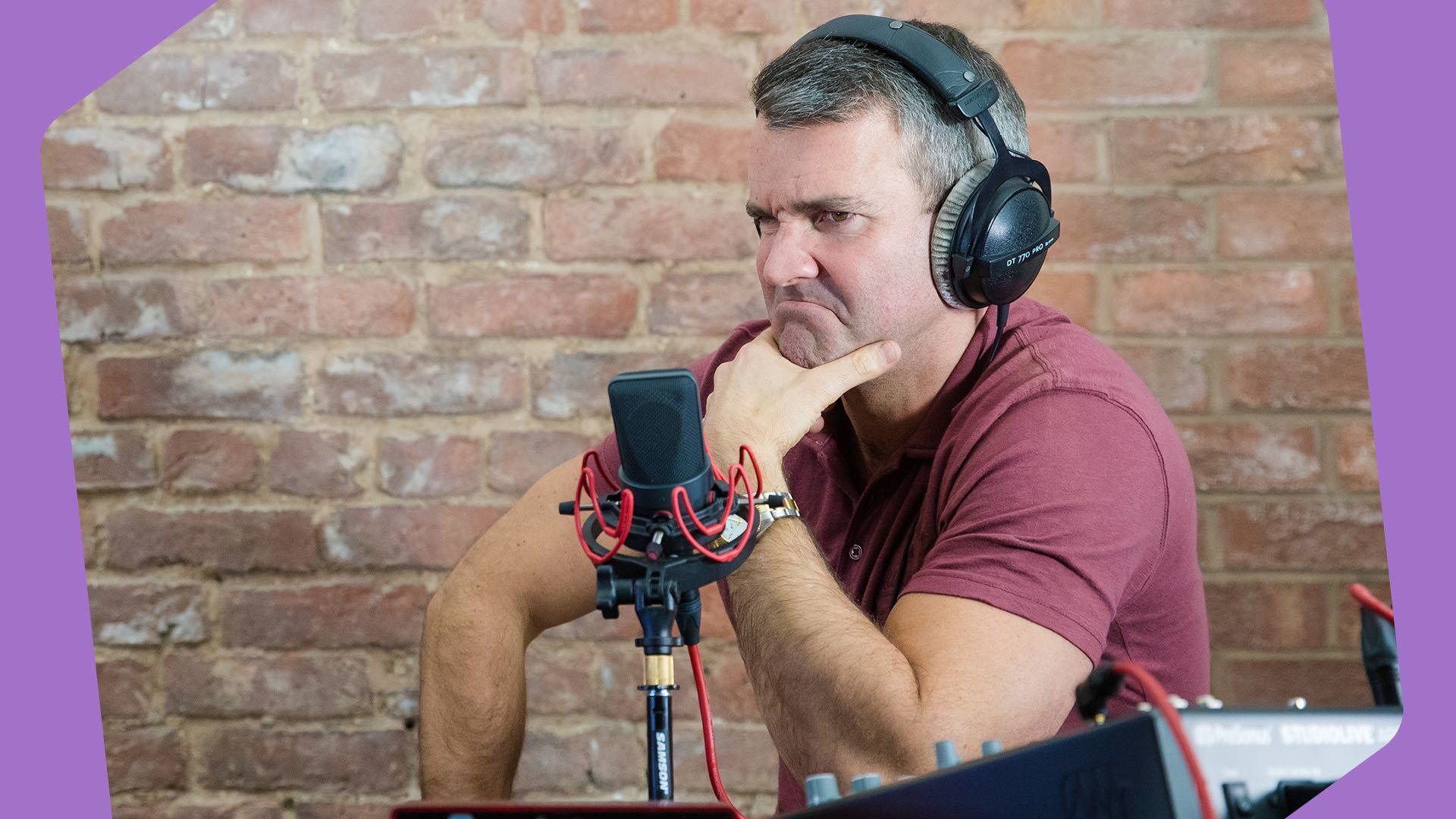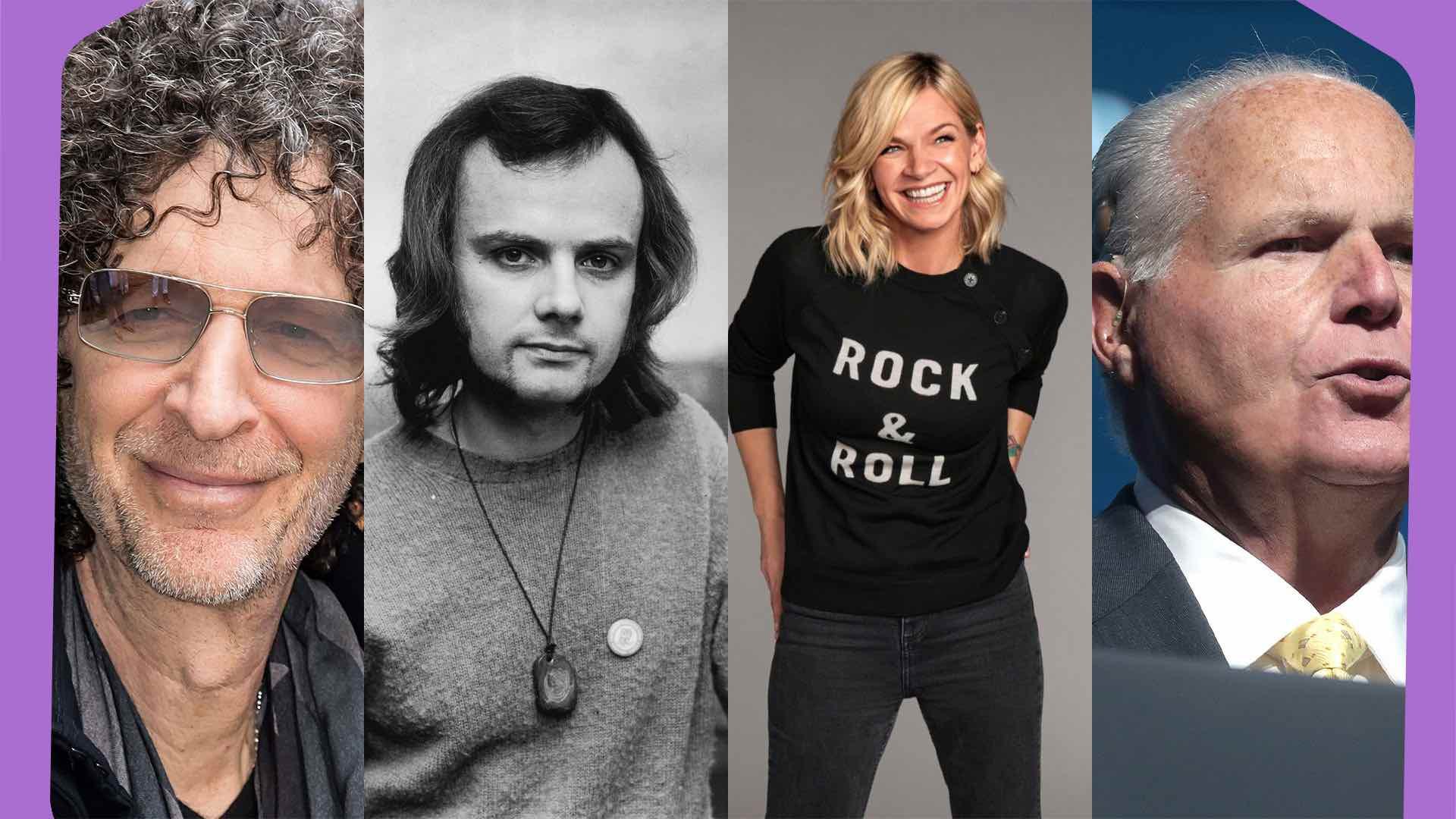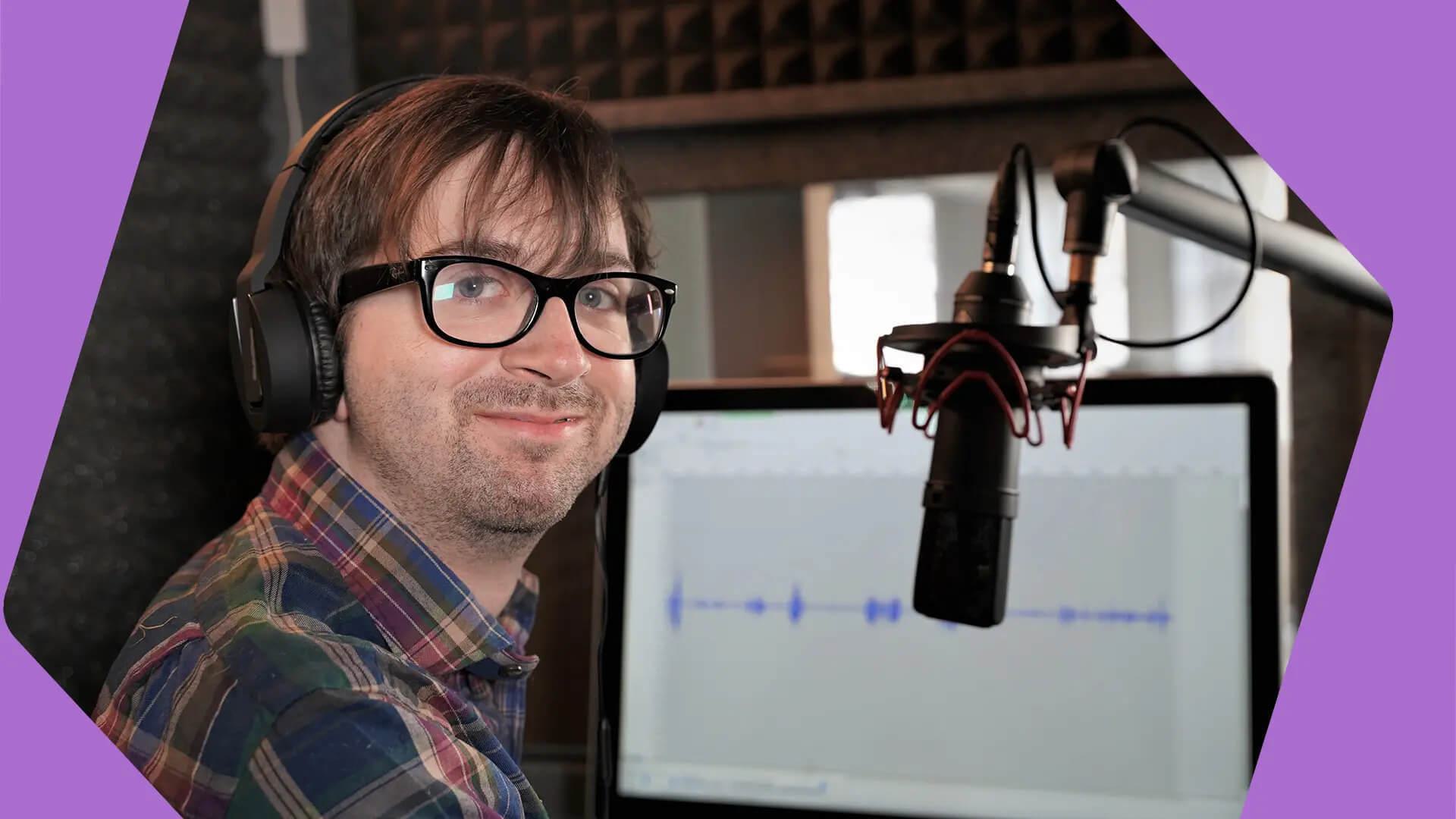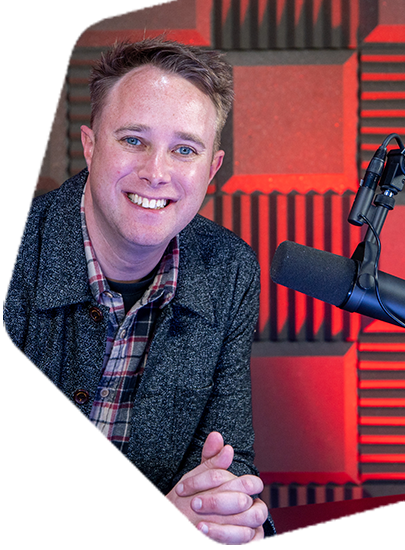Need advice? Let's talk 📞
Get straightforward guidance from your broadcasting partner. Schedule a demo to chat with the team about your radio station.
Book DemoHow to Become a Radio Presenter: Secrets Revealed
Want to become a radio presenter? If you’ve got a voice for radio then follow these tips on how to successfully make it in the industry.
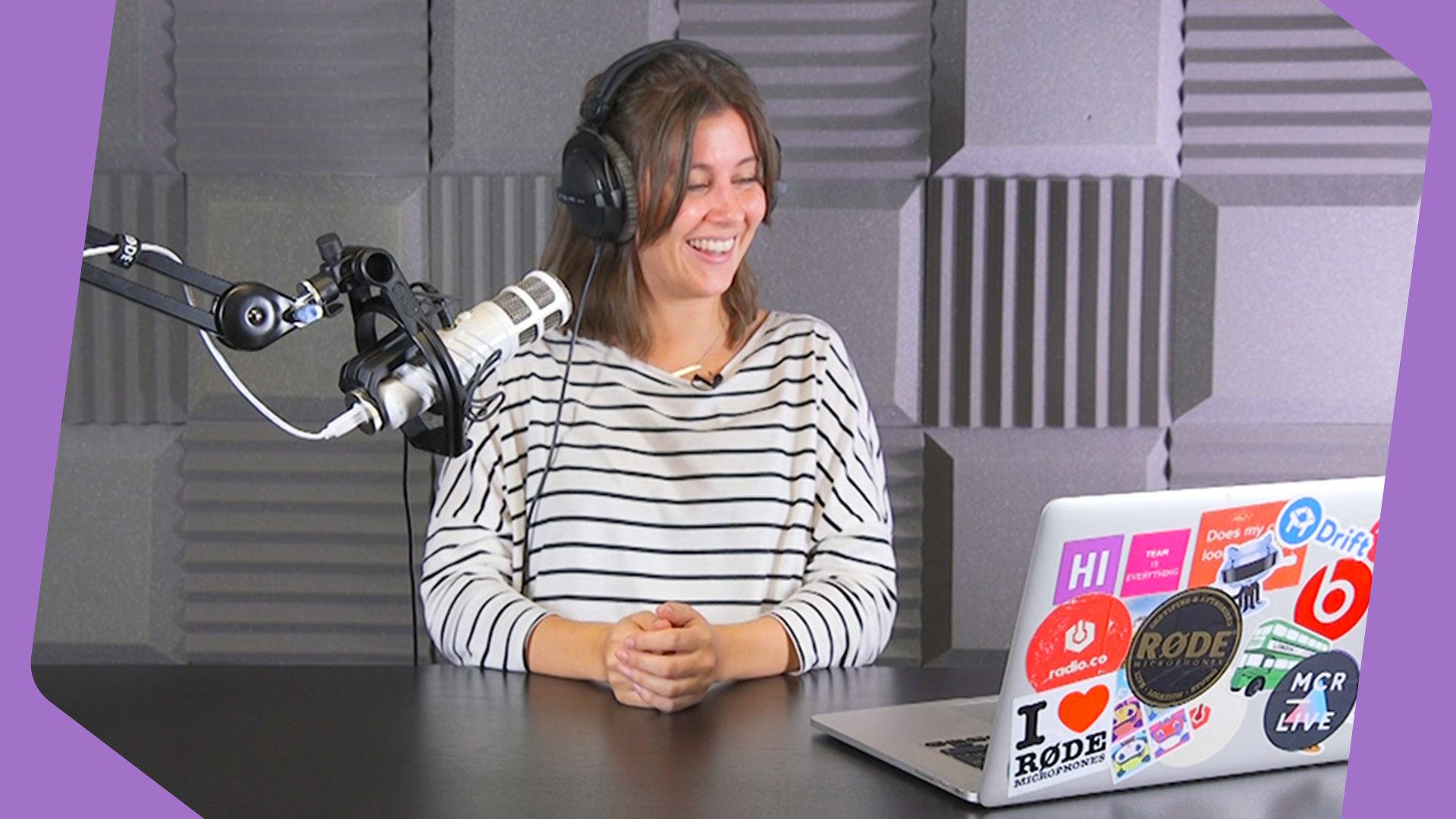
Anyone can get behind a microphone and call themselves a broadcaster. But it takes great skill to become a radio presenter people actually want to return time after time. So hone your craft with actionable advice to becoming a well-regarded voice in the radio space.
Always Follow These Golden Radio Presenter Rules
There are a few unspoken rules of radio that every presenter should be following. For example, you should always know what you are talking about. Blindly reading off a script can cause problems, like ABC7’s news anchor that read the wrong date.
We have a few suggestions you should try. Here are our 5 rules of radio presenting:
- Prepare Beforehand: Trying to juggle too many things at once can result in mistakes. Structure your time by preparing beforehand so you can produce the best shows possible.
- Be Authentic: People like to listen to presenters that come across as genuine. Be proud of who you are and where you came from. You may not appeal to everyone, but at least your authentic and broadcast with confidence.
- Talk to One Person: Engage with your listeners by presenting your shows like you’re talking to a friend. For example, “I hope you had a good weekend! We’ve got some awesome tracks coming your way soon, so stay tuned!”.
- Have Something to Say: No one wants to listen to a boring person. As a radio personality, you should have something to say. Be passionate on-air to engage with your listeners.
- Air Check Shows: Once you have finished a broadcast, go back and listen to what was said. What went well and what didn’t? Address these issues next time you are on air.
Plus, 20 more tips on how to become a radio presenter.
Get Any Radio Experience
We all have to start somewhere. Famous radio presenters were all once unknown, so it’s interesting to see how they broke into the radio industry and the paths they took.
For example, the famous UK record producer John Peel got his first radio job at WRR (AM) in Dallas. Although it was unpaid, it got him started in the industry, later moving onto a bigger station at KLIF as the official Beatles correspondent (which was huge during the 60’s).
Howard Stern got into radio in a similar fashion. In his second year at University, he started work at campus radio station WTBU as an unpaid disc jockey. Presenting news, playing records, and interviewing guests. He’s come along way since then.
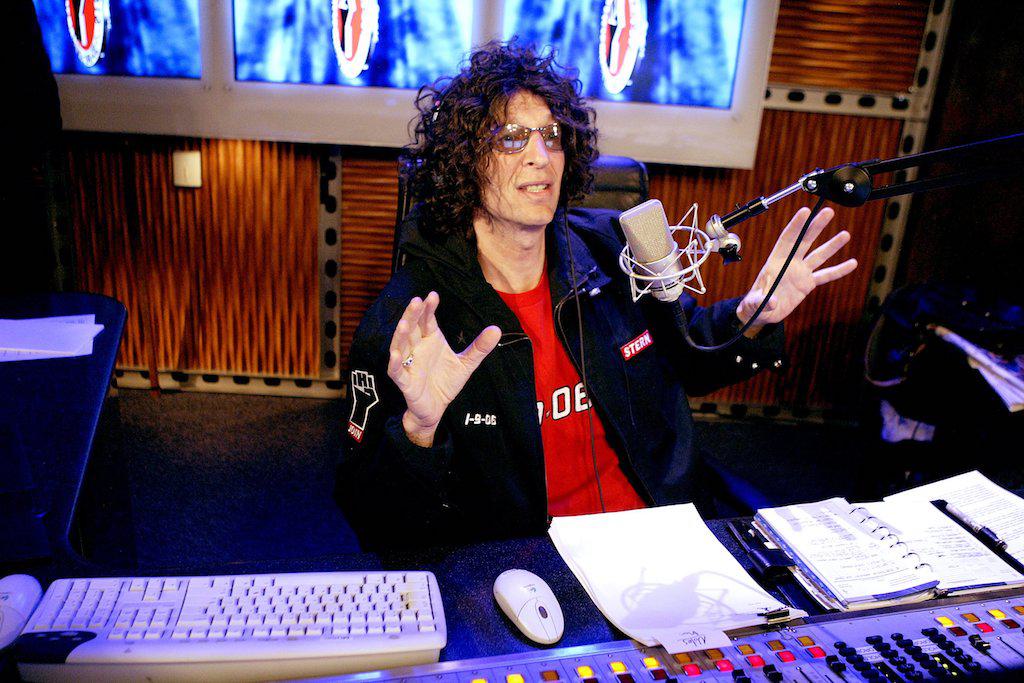
Best known for The Howard Stern Show, he’s now one of the most famous personalities in the radio industry. Both Howard Stern and John Peel have something in common. They got started somewhere they could gain experience.
You're unlikely to land a presenting job at a major station without even stepping foot into a radio studio. But you can probably start help out with making the tea and learning the ropes of how radio stations work. From here, you can build up your experience and skills to work up to getting in the presenters chair. Take a leaf out of Peel and Stern's books and get any radio experience to start on your path to being a presenter.
Become a Presenter for Your Local Station
You've been putting in the time learning about radio thanks to that experience you've clocked up. You know what a 'link' is, what the faders do and who the regular listeners are. It's time to get behind the mic...
Local radio is where most famous radio personalities got started. Either at their local station, college, or community radio, so you should too.
Apply for work at a small radio station. Even with some experience, you might have to volunteer or work behind the scenes to begin with. Stations are looking for experienced people. Experienced or not, try to stand out. For example, Adam Pacitti went above and beyond to land his dream job in the media industry by hiring a billboard to advertise himself.

It may seem a little excessive, but it worked! Landing him around 60 job offers. Just like Adam’s creative approach, you should be thinking of the best way to present yourself. Radio stations get hundreds of phone calls and emails a day. If you're getting in touch via email keep it friendly and to the point, try something like:
Hi Steven,
I’m looking for work at your station and wanted to know if there’s a role available?
I recently graduated from the University of Dallas with a Degree in Communications and Technology where I helped run Radio UTD. As part of my time there I planned out shows, edited audio, and presented when the opportunity arose.
Check out a few things I produced here: [Add Link]
Let me know what you think.
Thanks,
Alice Green
A short simple email gets your point across. Mentioning past experiences or skills shows you have value to the station. Depending on who you contact your approach may differ, so research the station and person first before getting in contact.
Study Communications or Broadcasting Degrees
There are no specific qualifications to become a radio presenter. You can study anything and still end up in radio, but it helps if you go into the right area.
Courses related to acting or voice acting, speaking, or personality development will look pretty good on your CV when applying for a presenter job. For example, music educational institute BIMM offers courses on vocals, music business, and other music-related areas that will help to get your foot in a radio station’s door.
That being said, there are commercial radio stations that offer on-site training designed for future DJs. Screen Skills in the UK offer apprenticeships for people to build a career in the industries like radio.
Practice Running Your Own Radio Station
It’s often said that imitation is the sincerest form of flattery. Listen to radio hosts you enjoy, copy them for a while, and then develop a unique style on your own show.
If you don’t have a show on a local station then set one up yourself. With Radio.co you can broadcast live and automate shows for when no one is around. Use it as a tool to practice your skills and showcase to big commercial stations looking for talent.
There’s no need for expensive equipment or a complex setup. You can start your own radio station from home in minutes. Here’s everything you need to know to get on the air in no time.
Develop Professional Connections
There’s no one route into the radio industry, but it helps if you know the right people. Develop your connections and build a professional reputation.
Some of the most successful radio presenters, like BBC Radio 1’s Nick Grimshaw, have had long careers because of networking and branding themselves. For example, Grimshaw presented shows at ICON Radio at the University of Liverpool, which led to work at BBC Radio.
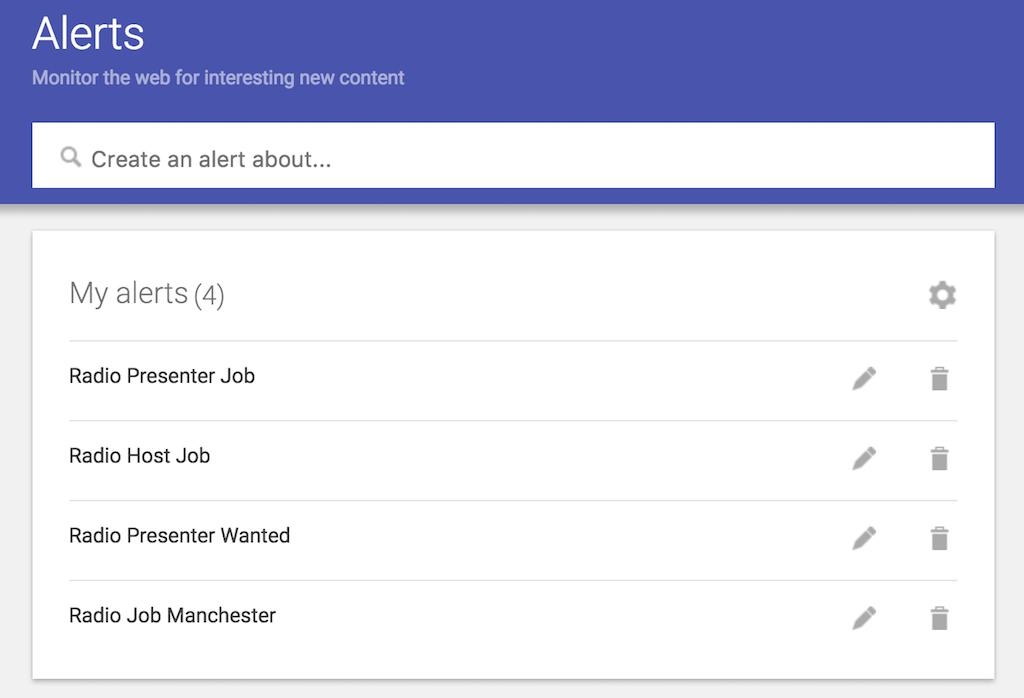
Starting out in student or local radio can give you the skills and reputation needed to get your foot in the door to greater opportunities. Small radio stations let you develop professional connections and hone your craft before moving to bigger and better things.
Keep Updated About the Radio Industry
The radio industry is always evolving. What may have been the standard one minute can change to something else. Try and keep updated by following as many industry experts as possible. We recommend:
- RAIN News: Radio and internet updates about the future of the industry.
- James Cridland: New platforms/technology in the radio industry.
- Radio Ink: News on the radio management sector of the broadcasting industry.
- Radio Today: Industry news specific for the US, UK, Australia, and more.
- Media.info: More industry news, forums and jobs.
For specific news updates try using Google alerts. Setup keywords and get regular updates, for example, if you are looking for a job as a presenter add “Radio Presenter Job” or “Radio Host Job”.
You can do the same thing for other search engines like Bing or Yahoo!.
Become a Great Radio Presenter
Be so good they can't ignore you. Get the know-how to become top of your game with the Great Radio Presenter Course. Access techniques that the big stations are using to grow their listener numbers by learning from the world’s best DJs. In the course you will get learn:
- Your Listener: Techniques to understand your listener and how to be memorable.
- Your Content: Surefire methods to guarantee great ideas to stand out.
- Prepping: How to plan out your shows and pick relevant content for your audience.
- Being the Host: Understand how to keep your listeners engaged.
- Your Voice: Be authentic and engaging to keep listeners hooked.
- Amplifying Shows: How to get your content online to attract a bigger audience.
Other Alternatives to Radio Presenting
Of course, the radio industry has heaps of jobs. There's way more to it than just presenting. There's engineering, producing and even controlling the music. If you don't fancy yourself behind the mic, then check out our overview on Radio Career Paths.

